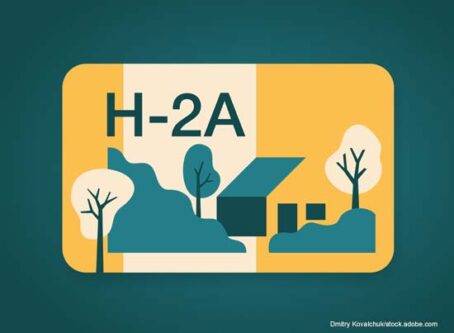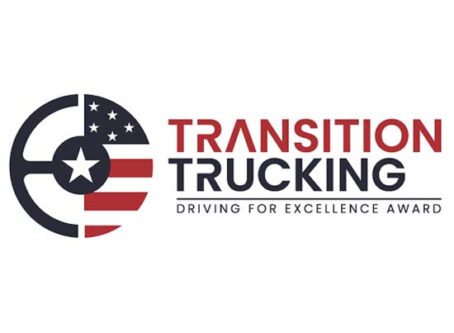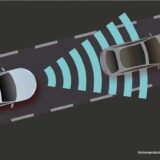Louisiana lawmakers review commercial vehicle issues
Two Louisiana bills moving through the statehouse address concerns related to commercial vehicle liability and towing.
House and Senate lawmakers approved one bill that covers liability for commercial vehicles.
Sponsored by Rep. Rodney Schamerhorn, R-Hornbeck, the bill covers optional equipment on commercial vehicles that is not required by state or federal law.
Specifically, HB785 states there is no duty to have optional equipment that is not required by law.
A person who owns, operates or leases a truck would not be liable for failure to install optional equipment. Absence of optional equipment also would not be admissible to establish an owner’s negligence.
The protection would not apply for vehicles involved in a crash after failure to comply with a law requiring a mandatory recall.
Jake Jacoby, president with the Truck Renting and Leasing Association, said at a recent hearing the rule change is necessary to address a growing number of lawsuits that argue although the driver followed the law, the driver should have done more.
“If you’ve done everything correct, you cannot be held liable for something you did not add that is not required by law,” Jacoby testified.
The bill next heads to the governor’s desk.
House Bill 950
The Senate Transportation, Highways and Public Works Committee held a hearing to discuss an amended bill that addresses the second towing of commercial vehicles.
Louisiana law provides a weight exemption on an initial tow of a disabled large truck to the nearest available repair facility.
Sponsored by Rep. Roger Wilder, R-Denham Springs, HB950 is intended to address instances when supply chain issues such as a lack of needed parts at a preferred facility can result in a truck owner needing to have a second tow.
The House-approved bill would authorize during a second tow that a heavy-duty tow truck transporting a commercial vehicle would not be assessed an overweight penalty when towing a disabled truck within 150 miles from the location the vehicle became disabled. The exception would apply for 24 hours from the time the vehicle was reported disabled.
On such occasions, the combined weight of the tow truck and disabled truck could not exceed 135,000 pounds.
Additionally, transporting a disabled truck from the location the vehicle became disabled to the nearest appropriate repair facility as directed by the vehicle owner would be permitted.
The exception would not apply to any additional commercial vehicle tows after the initial 24-hour period except when the initial tow request is on a weekend or holiday and the repair facility does not open until the next business day.
The weight exception would not permit a truck being towed to exceed posted bridge weight limits.
The Louisiana Motor Transport Association said the weight clarification is necessary to address confusion on the issue.
“Part of our issue is that when it comes to this problem we kind of exist in a gray area. We haven’t gotten a lot of clarity from the state,” LMTA President Rene Amar told the committee.
Heather Cloud, R-Turkey Creek, explained to her fellow committee members the bill is simply to allow for a weight variance.
“You just want to be able to move the equipment to get it worked on. That’s all,” she said.
Jacques Barry of the Louisiana Department of Transportation and Development said the agency has concerns about the bill.
Barry testified that the direction of a vehicle owner should not supersede what U.S. law allows on federal highways. He added that the bill could ultimately result in fewer federal dollars being available to the state.
Additionally, he said the agency has concerns about continuing an exemption over a weekend, or at the discretion of the commercial vehicle owner.
“We don’t believe the owner of the truck should be deciding when and how long we have to continue to exempt them from weight,” Barry said.
Cloud pointed out to lawmakers the bill addresses an infrequent issue.
“The impact to roads is going to be so minimal … and it’s so infrequent. At the end of the day that truck owner is also a taxpayer. The impact (to roads) seems so minute compared to the benefit for Louisiana taxpayer citizens that pay all of our salaries,” she said.
Sen. Pat Connick, R-Marrero, said the committee would wait to vote on the bill to allow DOTD and LMTA to reach agreement.
“We want to help truckers, but we also want to protect our roads from being destroyed,” Connick said. LL









